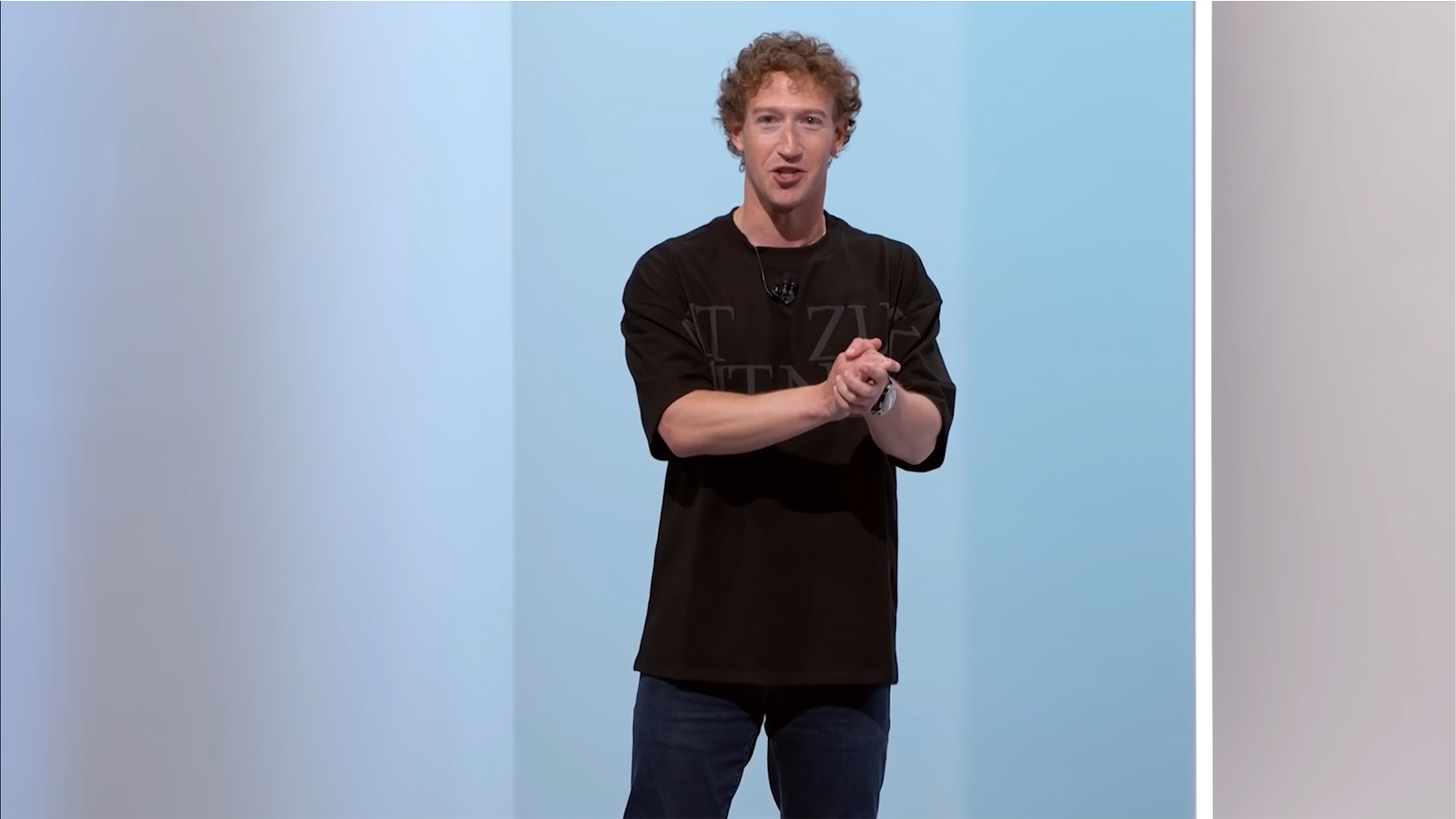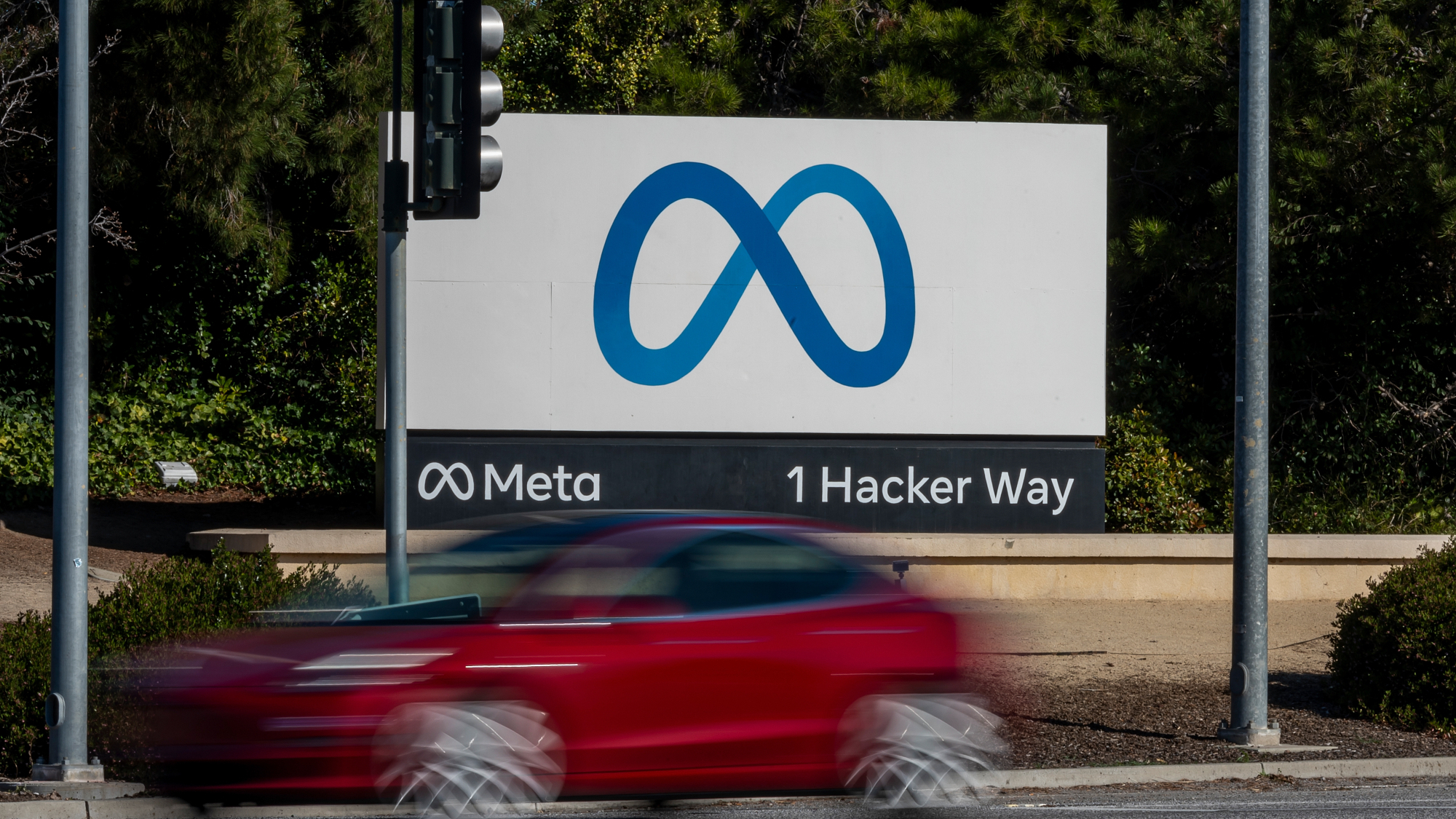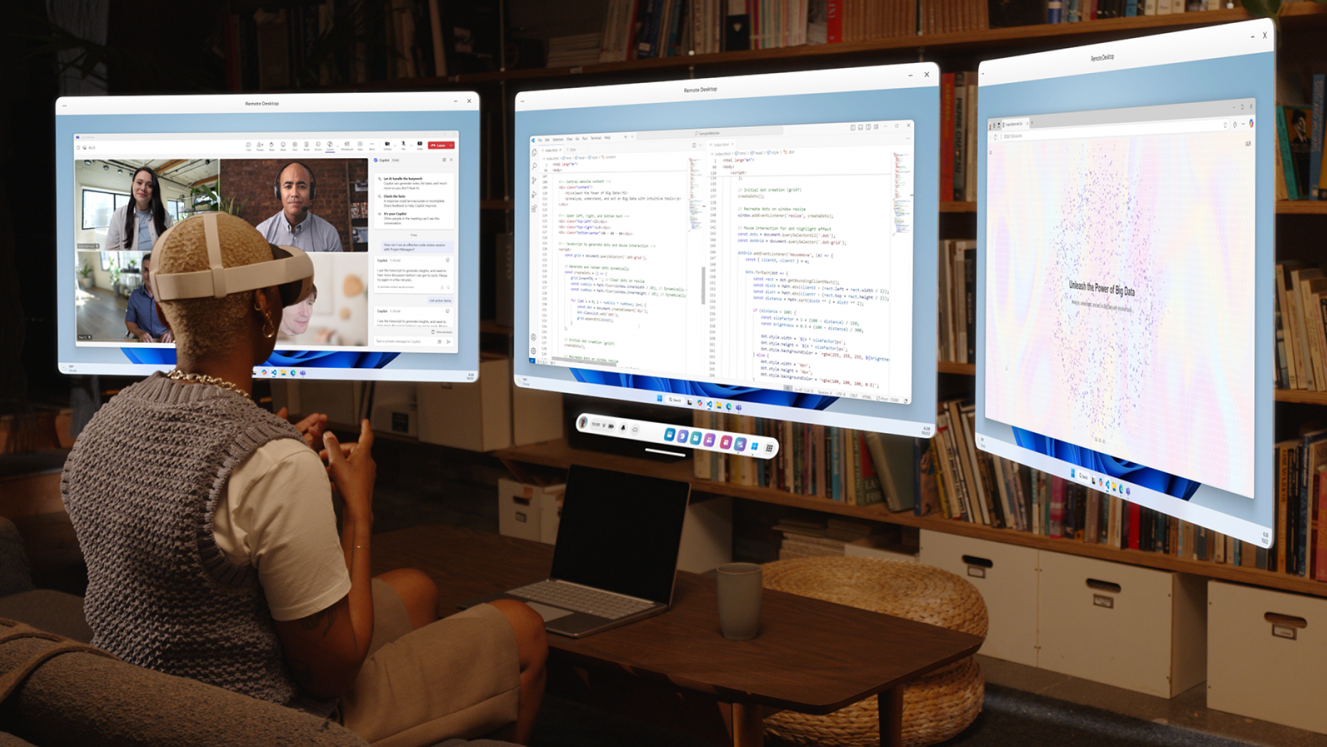Meta's Zuckerberg outlines vision for 'personal superintelligence' in a letter — says that, unlike rivals, his approach isn't about automating everything
Intelligence goes super, then personal.

Mark Zuckerberg has spent the better part of a decade chasing new computing frontiers, from VR to the metaverse. But today, the Meta CEO staked his next big bet on what he calls “personal superintelligence.” Unlike past efforts, this one isn’t just about virtual spaces or avatars: It’s about building AI that feels like an extension of yourself, and it’s going to require some of the most powerful hardware stacks on the planet.
In an open letter published just hours before Meta’s Q2 2025 earnings call, Zuckerberg laid out his AI vision in deliberately human-centric terms.
“This is not about automating all valuable work,” he wrote. “It’s about empowering individuals with intelligence tailored to their lives.”
That’s a subtle jab at OpenAI’s and Google's increasingly centralized AI strategies — ones that push AGI as a force of mass replacement rather than augmentation. But make no mistake: despite the philosophical packaging, Zuckerberg’s latest pivot is as much about compute as it is about ideology.

In the past few months alone, Meta has funneled billions into AI R&D, recruiting top talent from OpenAI, Google DeepMind, and Anthropic. The new Meta Superintelligence Labs — headed by former Scale AI CEO Alexandr Wang — will reportedly be responsible for developing foundation models such as Llama, alongside deeper research into AI architecture and inference. Of course, running those models at scale requires more than talent: it demands infrastructure. Lots of it.
Sources close to Meta’s datacenter expansion say the company is already deploying custom accelerators in limited workloads alongside traditional NVIDIA H100s and A100s. Meanwhile, there's speculation that Meta may be co-developing AI silicon in-house for future iterations of its Llama-based models, echoing Google's TPU strategy. At the very least, Meta has ramped up its own MTIA (Meta Training and Inference Accelerator) program, with next-gen silicon rumored to be taped out later this year.
Whether these chips will directly power "personal superintelligence" experiences remains unclear. But if Meta plans to deliver real-time, private AI companions at the edge or in VR devices, rather than purely cloud-delivered interactions, the hardware stack will need to be both extremely fast and extremely efficient.

This isn’t Zuckerberg’s first grand vision, by far. Back in 2021, he published a similar letter pitching the metaverse as the next evolution of social computing. Since then, Meta’s Reality Labs division has racked up over $60 billion in losses, much of it spent on hardware such as Quest headsets, haptic gloves, and AR displays that are still struggling to gain traction. These are numbers that make Intel's gloomy present and future look acceptable in comparison.
That said, unlike the metaverse, AI has immediate product-market fit. LLMs and chatbots are already reshaping productivity, education, and entertainment as we speak. The only constraint now is how fast the hardware can scale — and whether Meta can compete with Nvidia, AMD, and custom players such as Tenstorrent or Cerebras, in pushing the performance-per-watt frontier.
Zuckerberg’s tone was optimistic, but measured. “The rest of this decade seems likely to be the decisive period for determining the path this technology will take,” he wrote. The subtext is that Meta doesn’t want to be just another tenant in the AI data center. It wants to build the foundation itself, both in terms of algorithms and the hardware that runs them.
For now, the personal superintelligence he promises may still be a philosophical idea. But behind the scenes, it’s quickly becoming a material one — with all the heat, silicon, and supply chain pressure that comes with it.
Follow Tom's Hardware on Google News to get our up-to-date news, analysis, and reviews in your feeds. Make sure to click the Follow button.
Get Tom's Hardware's best news and in-depth reviews, straight to your inbox.

Hassam Nasir is a die-hard hardware enthusiast with years of experience as a tech editor and writer, focusing on detailed CPU comparisons and general hardware news. When he’s not working, you’ll find him bending tubes for his ever-evolving custom water-loop gaming rig or benchmarking the latest CPUs and GPUs just for fun.
-
hotaru251 Reply“It’s about empowering individuals with intelligence tailored to their lives.
that is not a good thing even if it seems to be.
There are a LOT of individuals that have....unhealthy...beliefs & lives. Giving them an AI that enhances those is actually harmful.
The subtext is that Meta doesn’t want to be just another tenant in the AI data center. It wants to build the foundation itself, both in terms of algorithms and the hardware that runs them.
that won't happen.
FB lacks the people & money to do that given they would be playing catchup w/ the actual industry bleeding edge runners. -
SonoraTechnical meh, resistance is futile, you will be assimilated... The Berg is still just a Borg, even if he does have curly hair now.Reply -
Vanderlindemedia Can't keep a platform (FB, insta) clean from the obvious investments, trading and other financial scams on which reporting does absolutely zero because they removed any human moderation and replaced it with AI, that flag such advertisements as within their policy.Reply
Just abandon Meta products in general. Best for the world. -
vanadiel007 Would it not be funny if AI replaced Facebook/Meta with a better product? I am sure it would not be that difficult.Reply -
ottonis So, here's the thing. A recent study found that use of AI makes people dumber and weakens their brain connectivity. That was not a correlative epidemiological study but an experimental trial using specific cognitive tasks (writing an essay, and memory tasks) alongside electroencephalography that analyzes the participants' brain activation patterns across multiple frequency bands during a task,Reply
See also: https://80.lv/articles/brain-study-shows-chatgpt-actually-makes-you-dumber
Now, with Mark Zuckerberg aiming at creating a "superintelligence" as an extension of an individual's mind, is something that most probably will dumb down entire humanity, making it incapable of taking care of themselves anymore. This reminds me of the "Matrix"-Trilogy, where humans were actually entirely oblivious with regards to all the technology and didn't even know how the machines work.
Another problem is the extreme energy demand for such super-intelligent AI.
And last but not least, even ChatGPT itself predicts that an entity that is more capable than other entities will likely destroy those other entities if it deems them a potential threat to itself.
So, go figure. -
jp7189 Homer Simpson:Reply
Don't worry, head. The computer will do our thinking now."
From "The Computer Wore Menace Shoes", -
jp7189 My car just got grok integration last night. Now I can voice chat with ai the whole commute. On the plus side, now I can immediately ask all the questions that pop in to my mind that I forget by the time I get to the office. On the down side, I can't fact check, and am more likely to fall in to the trap of believing what it says as true.Reply
Still, I'm looking forward to having a personal ai. -
SomeoneElse23 Reply
I think that's most individuals, if not all.hotaru251 said:that is not a good thing even if it seems to be.
There are a LOT of individuals that have....unhealthy...beliefs & lives. Giving them an AI that enhances those is actually harmful.
The only difference is we aren't aware of them and are keenly aware of them in others. -
SomeoneElse23 Reply
AI, in it's current form, is a solution looking for a problem.ottonis said:So, here's the thing. A recent study found that use of AI makes people dumber and weakens their brain connectivity. That was not a correlative epidemiological study but an experimental trial using specific cognitive tasks (writing an essay, and memory tasks) alongside electroencephalography that analyzes the participants' brain activation patterns across multiple frequency bands during a task,
See also: https://80.lv/articles/brain-study-shows-chatgpt-actually-makes-you-dumber
Now, with Mark Zuckerberg aiming at creating a "superintelligence" as an extension of an individual's mind, is something that most probably will dumb down entire humanity, making it incapable of taking care of themselves anymore. This reminds me of the "Matrix"-Trilogy, where humans were actually entirely oblivious with regards to all the technology and didn't even know how the machines work.
Another problem is the extreme energy demand for such super-intelligent AI.
And last but not least, even ChatGPT itself predicts that an entity that is more capable than other entities will likely destroy those other entities if it deems them a potential threat to itself.
So, go figure.